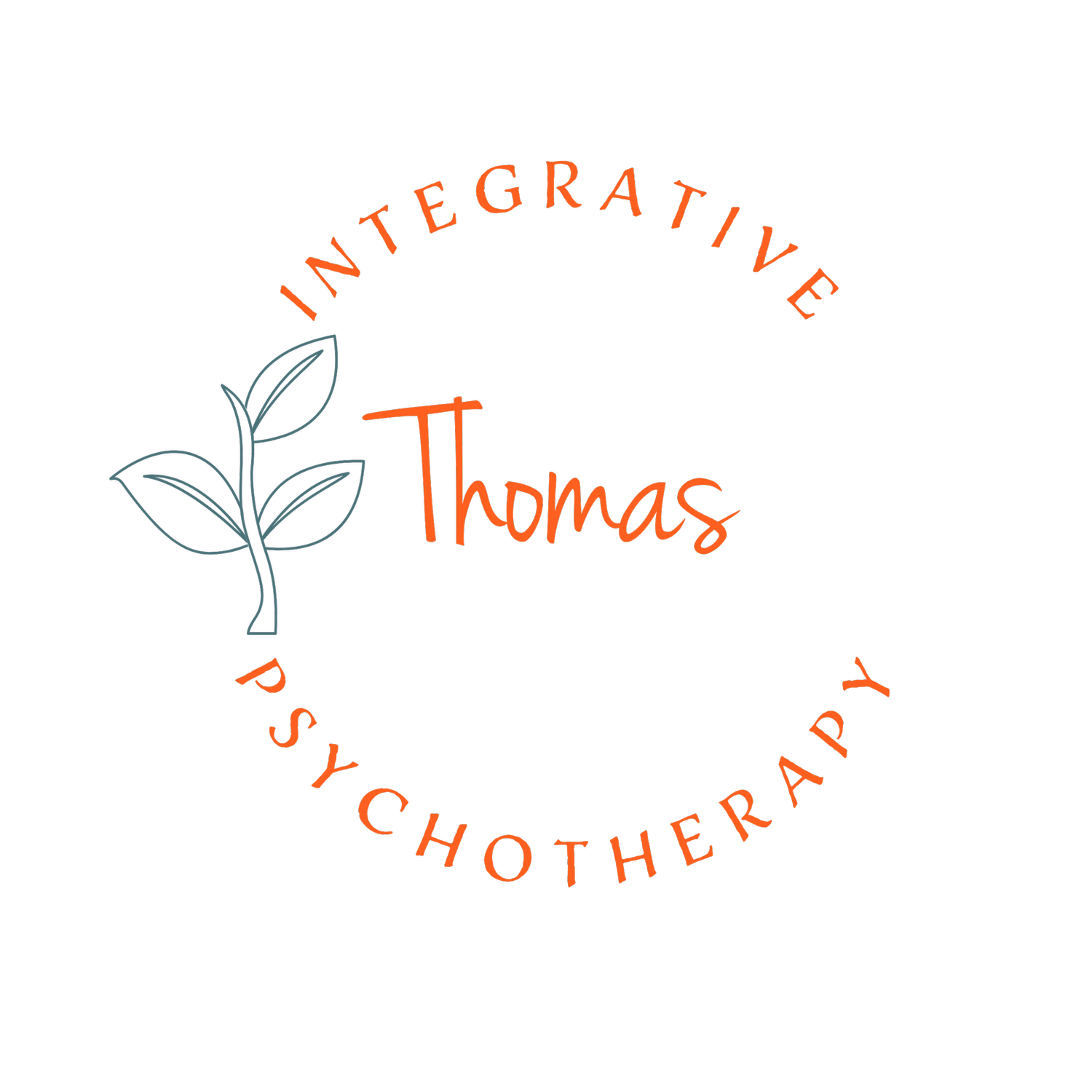Substance Use Disorders
Life feels chaotic and you feel exhausted. Emotions feel intolerable. Guilt and shame are constantly talking to you and all you want to do is quiet them.
Lasting change is a gradual process that requires patience and self-compassion. People don't work like light switches. You know yourself, and we know addiction. We have seen firsthand the joy and peace that can come with sobriety, and we are committed to helping you find the right tools to break the cycle of addiction and connect you with the support you need to achieve lasting recovery.
How we help
We help clients at different points of substance use and recovery. Whether you are wondering if your substance use has become problematic or you want to continue your recovery journey after an inpatient stay, we can help.
A substance use disorder is more than a physical dependence on drugs or alcohol. Even after detox, when your body is no longer dependent, you're at high risk for relapse. Certain psychological and social factors can be powerful triggers that lead to relapse:
Stress, especially sudden life change
Cues in the environment
Social networks, like spending time with friends who continue to use
Below are several models that may be used in your treatment. Your therapist will adapt your treatment to your individual needs.
Cognitive Behavioral Therapy
Cognitive Behavioral Therapy (CBT) is based on the concept that thoughts, feelings, and behaviors are interconnected, and that negative thoughts and behaviors can create a cycle of negativity. CBT focuses on identifying emotions, thoughts, and situations that lead to cravings. Therapists help clients to reframe their thoughts and behaviors with healthier alternatives to support their journey to sobriety.
Internal Family Systems (IFS)
Internal Family Systems (IFS) Therapy offers a unique perspective on addiction and applies a systemic view of the mind through which all behaviors can be understood. IFS recognizes that extreme behaviors, including habits, are fueled by psychological burdens caused by trauma, attachment wounds, and devaluing experiences. With the additional understanding that various parts of the personality interact internally with varying degrees of harmony or conflict, IFS distinguishes itself by viewing trauma and internal opposition as driving forces for the addictive process.
Expressive Arts Therapy
Expressive art therapy utilizes multiple senses to explore both your inner and outer worlds. This approach to psychotherapy, known as multi-arts or intermodal, taps into our innate desire to create. For individuals who struggle to articulate their emotions, self-expression through various art forms such as drawing, poetry, and movement can facilitate access to and processing of their feelings. The therapeutic process is centered on the creative journey rather than the end product. Throughout this process, clients acquire new and diverse methods of using the primarily nonverbal language of creativity to convey inner emotions that were previously inaccessible through mere contemplation or verbal communication.

